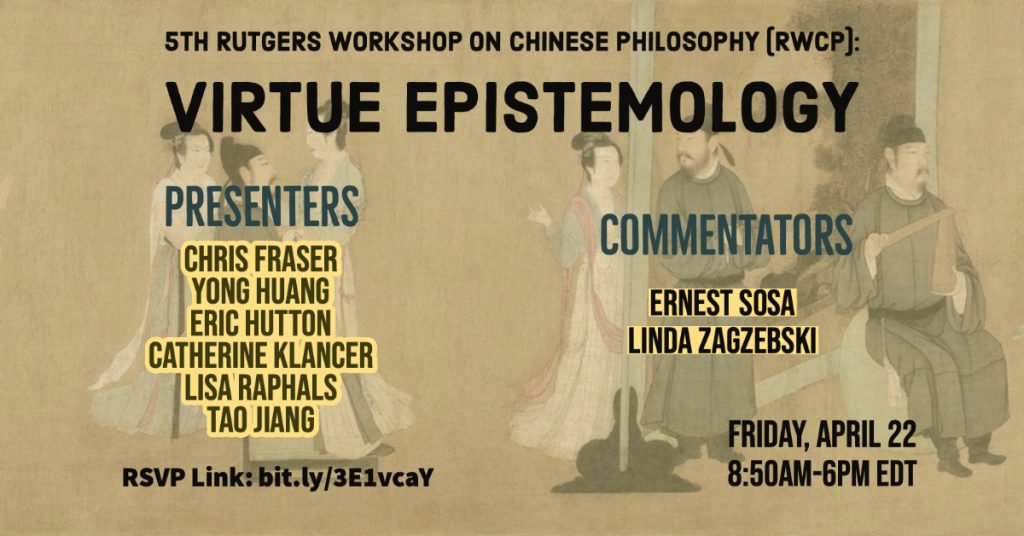An international virtual conference themed “Comparative Philosophy toward World Philosophy” is being held at the Center for Comparative Philosophy, San Jose State University, USA. The conference is being co-organized by the International Society for Comparative Philosophy toward World Philosophy and the journal Comparative Philosophy. It is being held via Zoom and is free for all participants. Participants are encouraged to join individual sessions, if at all possible. For more information about the conference see below.
Tuesday, April 19th, 2022 – Saturday, April 23rd, 2022; Registration form HERE.
For more information about the conference, and the agenda click HERE.



